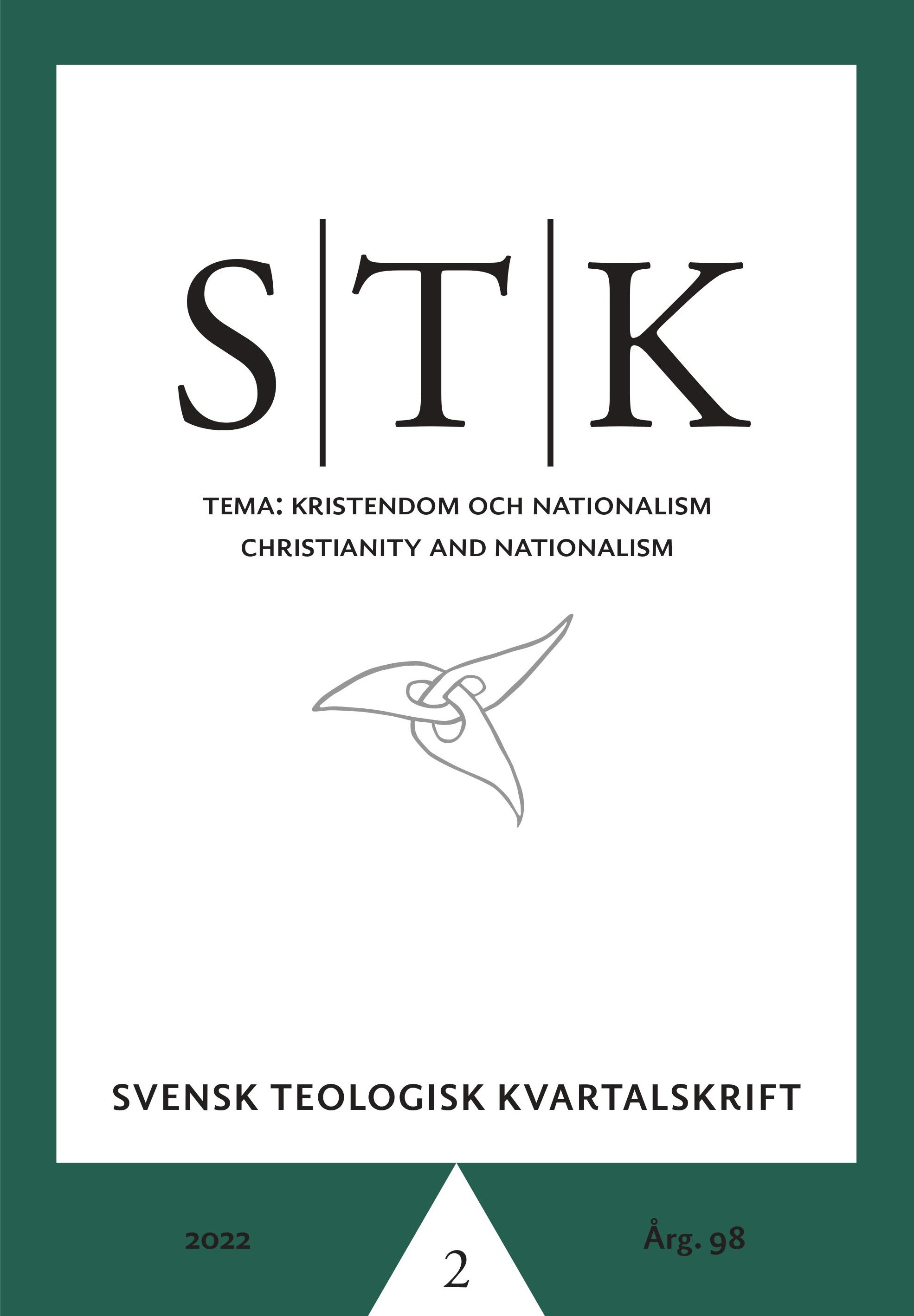Abraham against the Political
Kierkegaard on Nationalism and Duty
DOI:
https://doi.org/10.51619/stk.v98i2.24621Abstract
This article is concerned with Søren Kierkegaard's implicit critique of Christian nationalism in Fear and Trembling (1843). By comparing the story of Abraham and Isaac to the stories of three tragic heroes, Kierkegaard unveils the problems of Christian nationalism: that it seeks to systematize what should not be systematized and that in such a political system, the individual is subsumed under the communal. The example of Abraham – someone who forgoes both his ethical duty to his child and to his promised nation for the sake of his relationship with the divine – reflects Kierkegaard's concerns about nationalism: that humans would be forced to sacrifice their individuality out of a so-called good of the whole. Instead, Kierkegaard praises Abraham because he obeys God instead of the ethical. For Kierkegaard, interpersonal relationships are what are most important for communal and political living. Abraham's faith enables him to preserve his relationships with God and with Isaac because he does not fall into the temptation of the ethical qua universal.
Downloads
Published
Issue
Section
License
Copyright (c) 2022 Lucilla Pan

This work is licensed under a Creative Commons Attribution-NonCommercial-NoDerivatives 4.0 International License.


